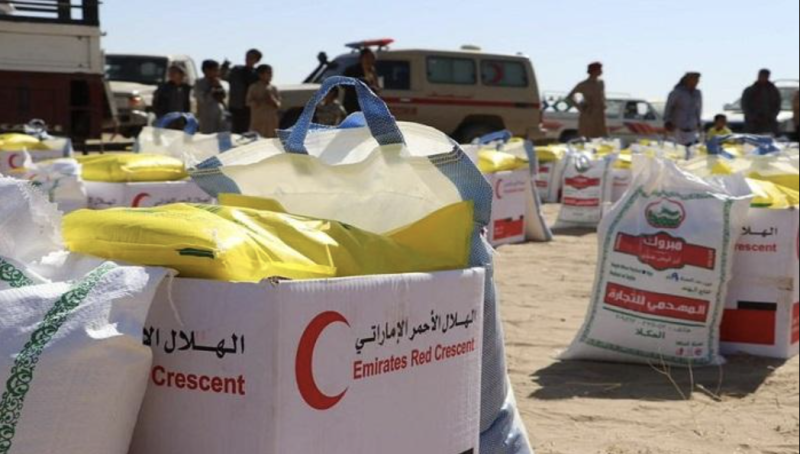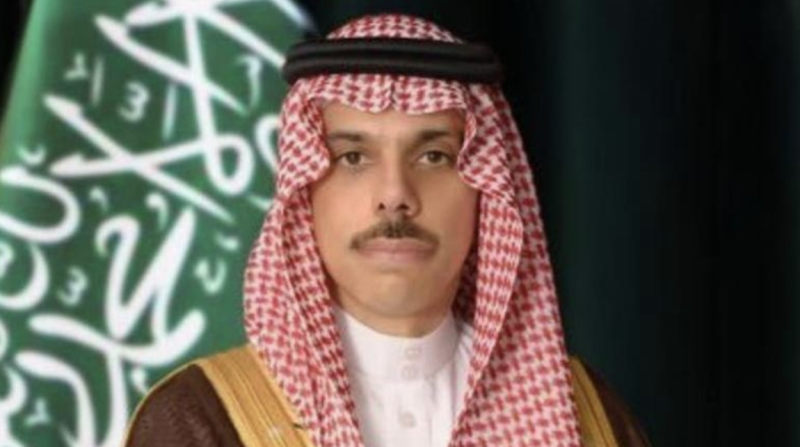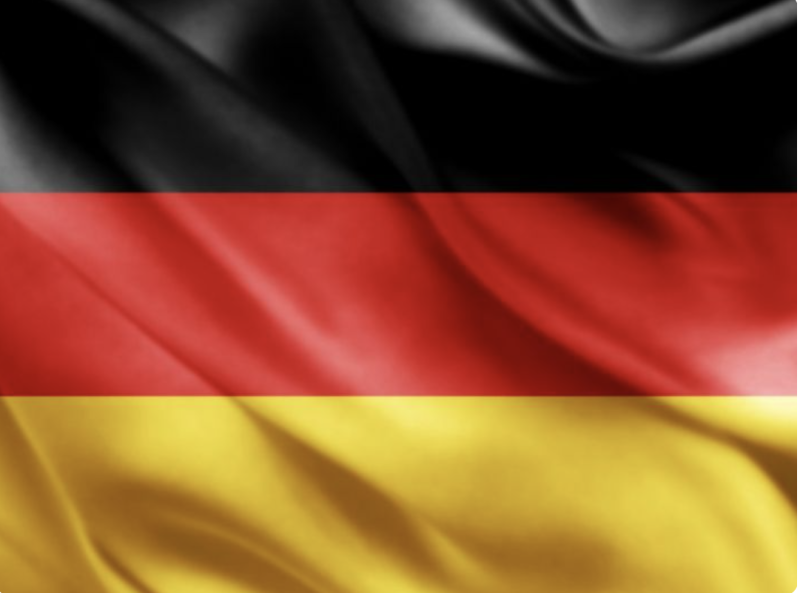‘My mission is to die every day’: the dangerous dedication of Yemen’s body collector


The first time Hadi Jumaan collected bodies from a battlefield in Yemen it was at the request of a friend who asked him to bring home the remains of two men who had been killed in combat.
It was August 2015, a year into the conflict that has killed 150,000 people, displaced millions and left the county with one of the highest child malnutrition rates in the world.
Jumaan, a youth social worker, was an unlikely candidate for such a mission, but he hails from the northern governorate of Al-Jawf – the same province as a rebel commander who was stationed in the south of the country, where the men died.
He didn’t know the commander but agreed to help nonetheless and, after negotiating access to the frontline, set off from the city of Taiz in a borrowed ambulance to a valley 30 miles south. He walked the last half a mile into the valley holding a white flag.
The next thing he knew he was lying in a bed at the military hospital in the Yemen capital, Sana’a, surrounded by the families of the dead men, thanking him for locating the bodies of their loved ones, while his own family were oblivious to the drama. Jumaan had been shot in the chest, the bullet narrowly missing his heart, after a breakdown of communication between warring commanders.
Jumaan spent 45 days in hospital, initially telling his wife he was working in Sana’a to avoid upsetting her. Despite the trauma, he was so moved by the gratitude of the families he decided he would say yes if anyone asked for his help again. And they did.
Since that dramatic first mission, Jumaan estimates that he has retrieved 1,700 bodies, risking his life each time he ventures into conflict areas. He describes his work as “like a suicide action”. He has been shot at three times and detained on eight occasions. “My mission is to die every day, this is what I expect,” he told the Guardian at the Aurora Humanitarian Initiative award ceremony in Venice last month.
As an Aurora finalist he won $25,000 (£21,700) – money that will help support the work, which was previously funded by the sale of family land, jewellery and small grants. He dedicated the award to his wife and his mother.
While his first job was in the south of Yemen, the majority of subsequent missions have been in Al-Jawf, where he lives with his wife and three children. Sandwiched between Saudi Arabia and Houthi-controlled Sana’a, the rural region is a key battlefront.
Nicknamed the “body collector” by Yemeni media, requests for Jumaan’s help grew with his reputation. His skills have also been called on to negotiate prisoner swaps between Houthi rebels and government forces; and to persuade Houthi fighters to allow aid into shattered, starving communities. Sometimes that means stripping the branding off aid packages and persuading commanders. “I never take sides. I’m there as a neutral meditator,” he says.
Volunteers have come and gone – at one point he had 75, now he has 15 – but he doesn’t blame them for not sticking around. “I appreciate everyone who contributes even one hour. It is understandable that they may leave halfway. Those who stay are going to face death.”
But he keeps at it. “There is always this feeling when a mother, father, brother, sister or son contacts me asking for my help, I cannot say no,” he says.
“The feeling I get when I return bodies to families helps me continue … when a family sees the dead body it somehow relieves their suffering.”
Once, when he was tasked with tracking down the body of an 18-year-old Houthi fighter, he was directed to a mortuary and shown the body. But he noticed it looked different from other corpses he’d seen and called for a doctor, who confirmed the young man – who had been shot in the head – was still breathing. “I told the family I’m bringing him back – alive. They said, ‘Are you going to resurrect him?’ Today the young man is walking and talking.”
Jumaan smiles at the memory but living in a warzone is traumatic, made worse by the sense that the world is looking away.
“There is an entire people facing death on a daily basis. People fighting to find bread. We suffer from hunger, climate change, famine, in addition to missile strikes. We are forgotten people, without identity,” he says.
A six-month ceasefire agreed in April raised the hope that the Yemeni people might begin to rebuild their lives after seven years of war – “living like the rest of the world,” says Jumaan.
But the failure to extend the truce last month has left people facing a resumption of airstrikes, ground shelling and missile attacks.
Jumaan has an estimated 1,300 names of the missing on his books and is committed to finding them.
Hope that hostilities will end giving Yemen a chance to recover and prosper keeps him going. “My message is to stop this chaos and stop destroying our country. Stop it. We’ve had enough.

By Mohammed Al-Awadhi Over the course of ten years, the United Arab Emirates has emerged as a key actor in supporting Yeme…

Washington – The U.S. Department of State announced that Saudi Foreign Minister Prince Faisal bin Farhan Al Saud held a phone call with U.S.…

Berlin – Germany has expressed deep concern over the recent escalation in southern Yemen, warning that the situation poses serious risks to r…